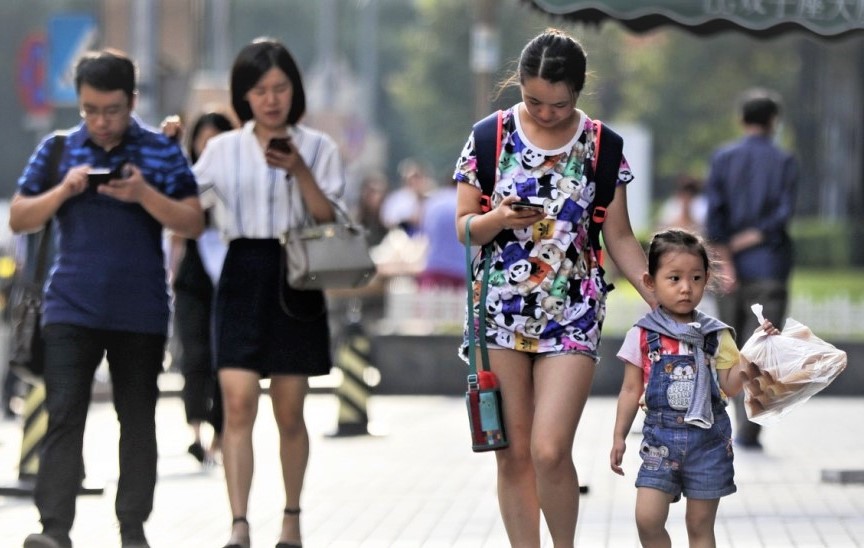
This study explores learning in online communities. The study focused on five Korean online communities that were not defined, centally, for purposes of learning. The supposition was that, even given this purportedly non-learning focus, the communities learned – collectively and individually. Thus, within these communities, the study explored the meaning of learning, how learning occurs, and what implications it has for the online environment. The dialogue, activities and structure of five online communities were examined to discern the implications learning. For example, their topics focused on local cities and hobbies.
By choosing communities that are not necessarily focused on learning, but trying to find the underlying learning within such communities, the study’s findings might be significant academically and practically in understanding how digital societies work and which online factors crucially affect learning in diverse fields. An online/offline survey of 150 online community members was conducted. I invited 23 survey respondents (who were relatively more active online community members) for further observations of their activities and for interviews. The structure of the websites was also examined to determine how members related to each other and conducted their interactions and learning.
The findings in the study are summarized into six themes.
Research participants actively participated in learning when the conditions at the individual level and at the collective level were conducive. While they used the collective learning environment for their own ‘personal study,’ they generally showed little interest in improving that environment for the collective good.
Not only did affective components cause participants’ more active participations, but their participation partially depended upon the integration with others.
These affective aspects seemed to be significantly linked to the concept of ‘play’. Online community members felt relaxed expressing the term ‘learning’ – linking it with ‘hobby’ or ‘play’.
The combination of online and offline activities tended to trigger ‘creative’ learning, which balanced theories with applications. This type of learning was the opposite of more formal learning in that it was bottom-up learning.
South Koreans’ unique moral, affective and sociocultural factors related to relationships affected cooperation and contributions at both individual and collective level in online communities. In many cases, relationships had to be fostered before informal learning could begin. These relationships, however, sometimes had negative effects on learning. Some affective factors such as selfishness and laziness, and the culture of ‘Che-Myoun’ and ‘Noon-Chi’ (high pressure to honor relationships based on age and reputation) got in the way of building relationships and learning.
This learning/relationship link bled into other findings. The study found that participants considered working, enjoying and living as learning. These were both the means and end for one another. Since the three concepts, learning, enjoying, and communicating connoted communal fullfillments, the awareness of learning would eventually accord with the concept of ‘social’ learning.
The research findings showed that people have enjoyed their life by fostering and maintaining their own informal learning through various platforms of daily life.
Learning Implications of Korean Online Communities: Towards a New Paradigm of Social Learning
Author: Hyejin Bak
Seoul National University, Ph.D. Dissertation
2017
